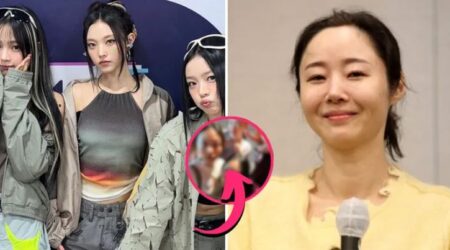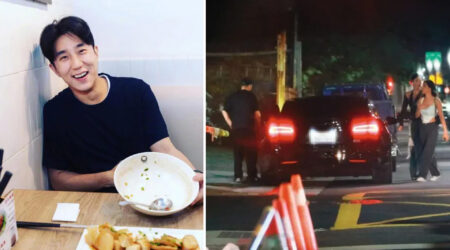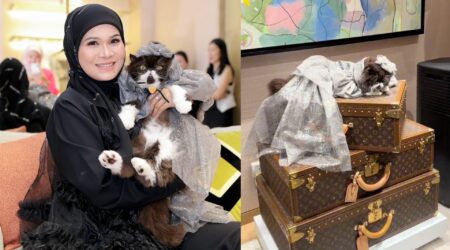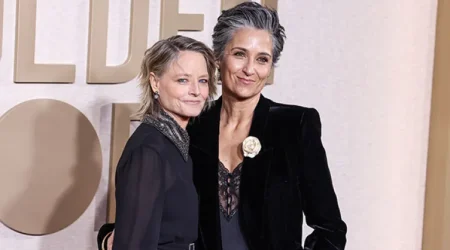The Dangers Of Young Teenagers Debuting As K-pop Idols

Debuting at a young age is nothing new in the K-pop world. For instance, experienced singers BoA and SHINee’s Taemin made their officials at the young age of 13 and 14 respectively back then. However, it appears that the idea of having idols debuting at the age between 13 and 14 is getting more normalised in recent times.
If you notice, a number of young children have shot to fame as idols between 2020 and 2022. Among the notable names include Niki from Enhypen, Leeseo from IVE, Jongseob of P1Harmony, CLASS:y‘s Boeun, NewJeans‘s Hyein, and the list goes on. With the overflowing amount of teen idols making their K-pop debut, several South Korean experts came forth to air their thoughts on the concerning trend.

As revealed by these industry experts, debuting at a young age would often come at a dear cost. Pop culture critic Ha Jae Koon said, “Debuting at such a young age usually means that they miss out on a lot of experiences. This include interacting with their peers and making memories at school. In the worst case, if they fail to succeed as celebrities, they are left with limited career options.”
Lim Myung-ho, a psychology professor at Dankook University who specializes in child and adolescent psychiatry, chimed in by saying, “When young teenagers become K-pop idols or hopefuls, they’re basically going into isolated group training. The isolation and lack of peer interaction are bound to affect a child’s psychological development and coping mechanisms later as an adult.”
He added, “Even if they do rise to stardom, there’s a high possibility that they will find it difficult to handle their emotions or be resilient when faced with stress. They may also be greatly affected by hate comments, then become unable to cope and spiral into self-destructive behavior, which we’ve seen many celebrities do. The deprivation of socialisation is a bigger issue than skipping school.”
Another factor that causes concern among the public is the lack of age-appropriate concepts in the music that these young idols participate in. Lee Gyu Tak, a professor of pop music and media studies at George Mason University Korea, brought up about the popularity of trot audition programs, where child participants garnered significant attention from the public. The only difference is that, child participants are allowed to act their age, unlike in idol survival shows.
“While the young contestants are expected to perform like the children they are (in trot singing programs), idol auditions require even those in their early teen years to behave like professional K-pop artists. I’m not sure how appropriate it is for children to act way too mature for their age,” Prof. Lee was quoted as saying.
Apparently, this problem is even worse for female idols. According to Prof. Lee, the popular image of Korean girl groups has switched from the innocent and lovely girl, to the strong and mature woman. But young idols do not have the life experience that can help them relate to these images and healthily project them.

In addition, the issue surrounding the sexualisation of young idols is also among the persistent concern of this ongoing trend. “It’s not necessarily about wearing scantily clad outfits,” Prof. Lee argued. “What I find troubling is when idols in their early teens portray an identity that they’re too young to comprehend. When I see very young stars sing dramatically emotional lyrics, I wonder if they really understand what they’re singing about. Then their performance of the song ends up lacking depth.”
Adding to this, Prof. Lee also stated that having young kids debuting as full-fledged artists in a way also feeds into the “factory system” stereotype of the K-Pop industry. He argued, “This stereotype would be further bolstered if more early teenagers continue to debut as K-pop idols and sing lyrics they can’t even relate to because they’re too young. Of course, artists don’t always have to sing about their direct experiences. But when the performer is too young, it’s difficult to accept the music as ‘wholly theirs’.”
Despite the growing criticism, as well as the obvious signs of its harmful effects, experts believe that the industry trend of debuting idols at a young age will still be around for the time being. With that being the case, Professor Lim suggests that the management labels need to build resources to support young artists’ mental health.
On the other hand, music critic Ha believes the audience should play their part, and call out inappropriate treatment or over-sexualisation of these young idols.
Sources: JoongAng Daily via Koreaboo.












Leave a Reply